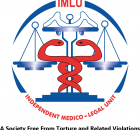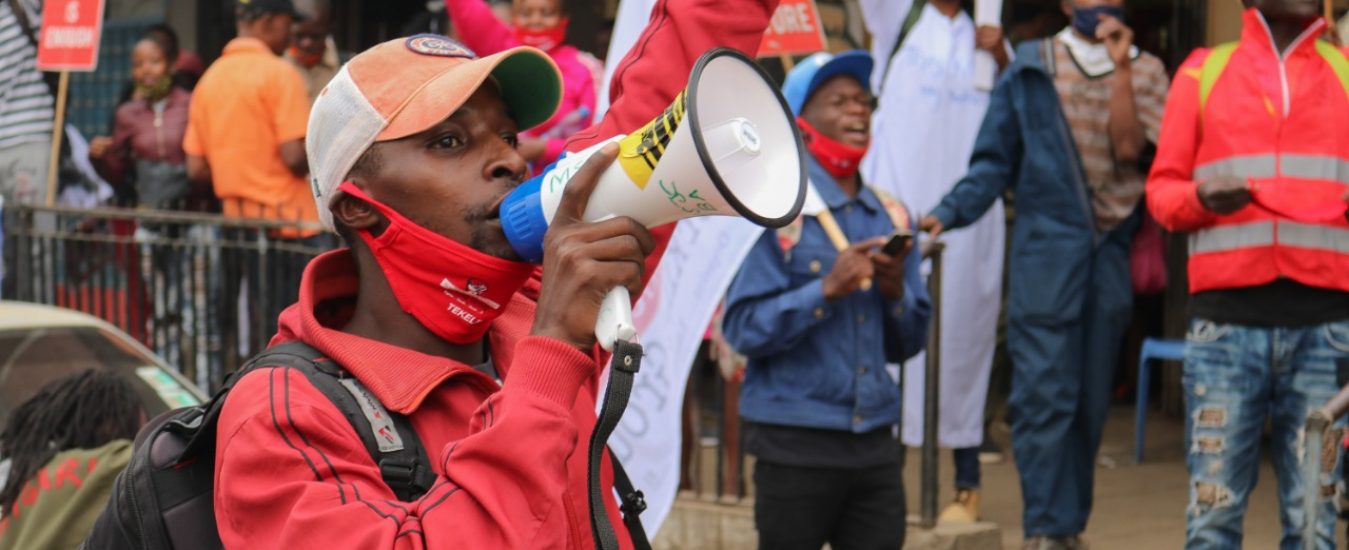On 7th July 1990, Kenyans took to the streets to demand free elections, repeal of Section 2A of the old Constitution of Kenya (CoK) that had made Kenya a de-jure single political party State. The politicians who had called for the protests; Kenneth Matiba and Charles Rubia, were arrested days before the protest day. Other organisers of the day such as Njeru Gathangu, George Anyona, Raila Odinga etc were beaten up, detained and tortured by the government of then president Daniel Moi. The protests led to 39 people dead, 69 people injured, and over 5,000 people arrested – with over 1,000 charged with looting and rioting.
Five months prior to the planned Saba Saba meeting, Moi’s Foreign Cabinet Minister, Dr. Robert Ouko, had been tortured and brutally killed. Ouko’s dismembered body was dumped on a hill in his rural constituency.
In present day Kenya, Saba Saba has taken on a new meaning, with human rights defenders (HRDs) and civil society organisations asking for respect of the constitution, an end to police brutality and killings, advocating for a favourable legal and policy environment in Kenya.
The Saba Saba March for our lives was held on 7th July, 2021, in Nairobi, Kisumu and Mombasa and was the fourth edition of the march which have been successfully held in the past to remember the heroes who fought for the second liberation of Kenya and most importantly remember the victims of police brutality, torture and EJE in informal settlements.
As a country, we are not out of the woods yet, if the cases that IMLU has documented in its report “Twin Crisis Crises: Police Brutality during Covid-19 Pandemic” that was launched on 26th June 2021 is anything to go by. So far, this year IMLU has documented 59 deaths related to torture, cruel, inhuman and degrading treatment between 1st January and 1st August, 2021. It is from the above premise and ensuring that we do not degenerate back to the dark days that IMLU partnered with various Community Social Justice Centers in commemorating the day and demanding that the government respects the constitution and implement the Coroner’s service Act and the Prevention of Torture Act.
It is utterly disappointing that 11 years after the promulgation of Kenya’s 2010 constitution that has universally been acclaimed as the most progressive, the government has deliberately shown attempts to water it down or to send the country back to the previous constitutional order through watering down the constitution through the Building Bridges Initiative.
In objecting this move and standing in solidarity with the victims of police brutality, torture and extra judicial killings, IMLU undertook a peaceful march in Nairobi which called for the arrest and prosecution of police officers who have violated the rule of law. In the march, we demanded for accountability on police brutality and extra judicial killings, sexual and gender based violence.
Additionally, we demanded for compensation to the families and the survivors of Extra Judicial Execution and police brutality.
We are glad to note that through our effort in supporting the victims and their families, nine cases have been successfully awarded compensation by various Courts but are waiting for the aforementioned to materialize due to delays in the judicial processes.
It was painful and disturbing to watch police officers lob teargas to peaceful protesters during the march. Some were injured and had to be taken to the hospital for treatment while several other civil activists were arrested and arraigned in court for participating in the protest.

